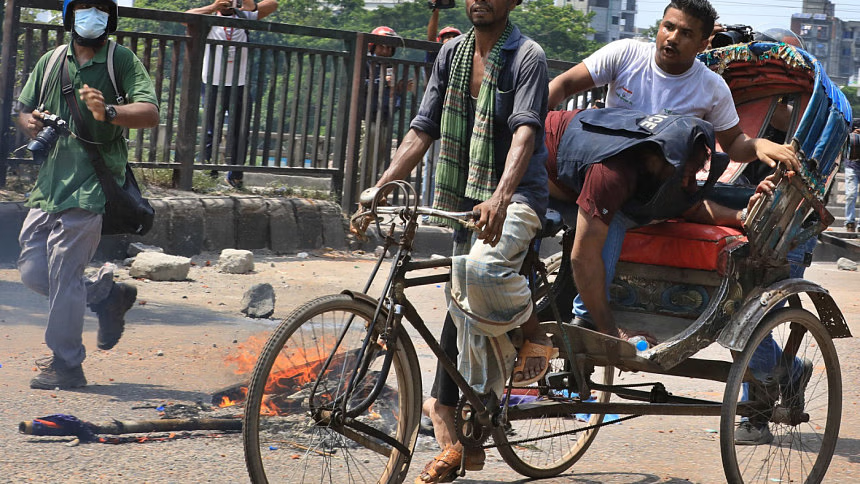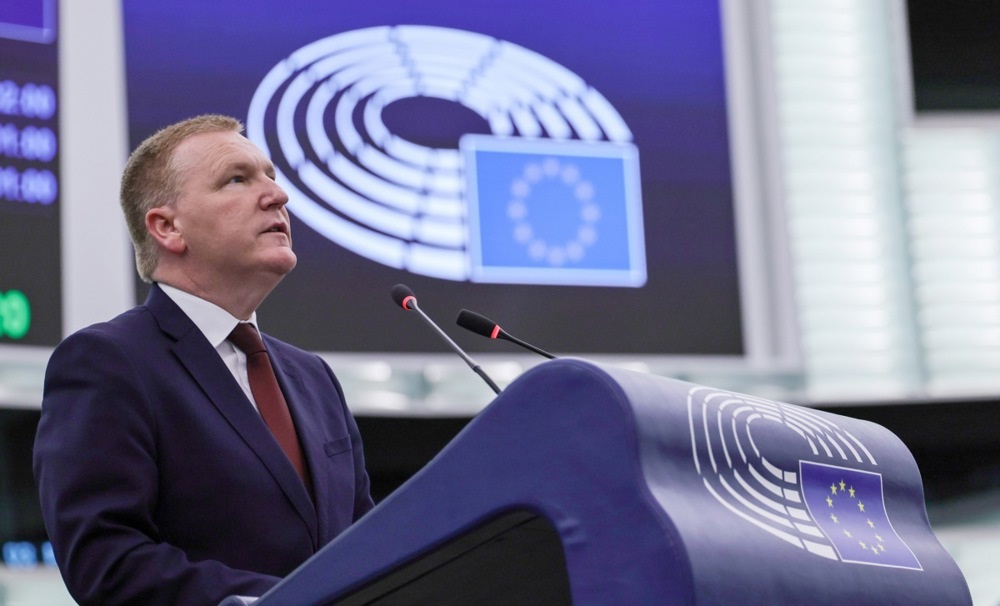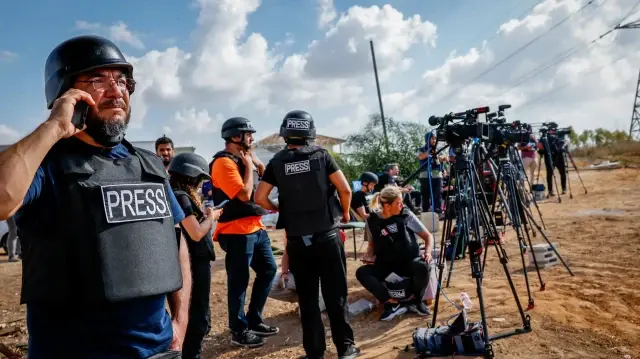
Arab Journalists in Limbo After Trump’s Executive Cuts to US-Funded Media
April 28, 2025
Morocco’s Expulsion of Italian Journalists in Western Sahara Draws Global Outcry
April 28, 2025April 28, 2025 – General –
Journalism, often viewed as a noble yet high-pressure profession, is taking a toll on the mental health of its practitioners, particularly in Africa and other regions where conflict, repression, and poor institutional support compound the strain. Despite their critical role in shaping public discourse and holding power to account, journalists across the continent are frequently left to silently endure psychological trauma resulting from their work.
A report by the Al Jazeera Media Institute highlights a “culture of silence” in African newsrooms, where journalists are expected to remain stoic in the face of war, political violence, and disasters. Newsrooms rarely provide mental health resources, and the stigma surrounding mental illness discourages many from seeking help. The mental toll is especially severe for those covering traumatic events such as armed conflicts, natural disasters, or political unrest—scenarios that are all too common in countries like Sudan, Nigeria, Ethiopia, and the Democratic Republic of the Congo.
Journalists often witness violence firsthand or interview victims of horrific events, leading to secondary trauma. Yet, few organizations provide psychological support or even basic debriefing sessions. Journalists who admit to struggling with their mental health risk being labeled unprofessional or weak, making self-censorship and emotional suppression common coping mechanisms.
According to the Media Diversity Institute, journalists worldwide are suffering in silence. Freelancers, especially, lack institutional backing, often working under precarious contracts with little access to health care. Women journalists face an additional layer of stress due to online harassment, sexual threats, and discrimination in the field, compounding existing pressures and heightening their vulnerability to anxiety, depression, and burnout.
Meanwhile, The Daily Star notes that trauma is not limited to those reporting from war zones. Even journalists covering local crime, domestic violence, or natural disasters face cumulative psychological stress. Despite the growing awareness of mental health in other industries, journalism continues to lag, both culturally and structurally.
Advocates are now calling for newsroom reforms, including mandatory trauma training, counseling access, and a cultural shift that acknowledges journalists as human beings, capable of being affected by the stories they tell.
Reference –
https://www.thedailystar.net/opinion/views/news/the-unspoken-trauma-journalists-3881466




